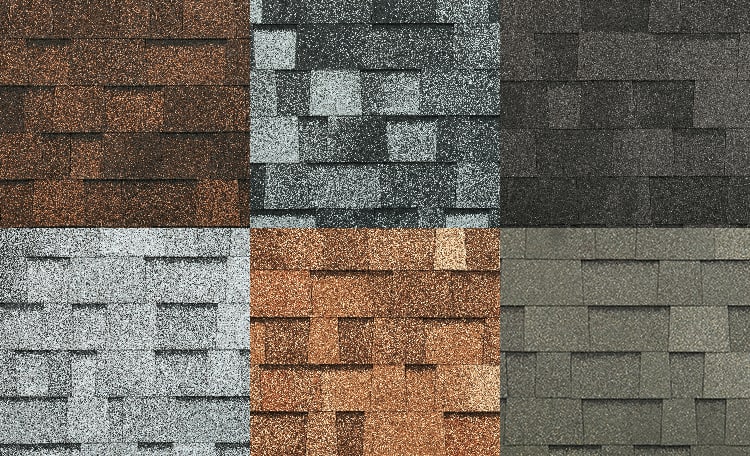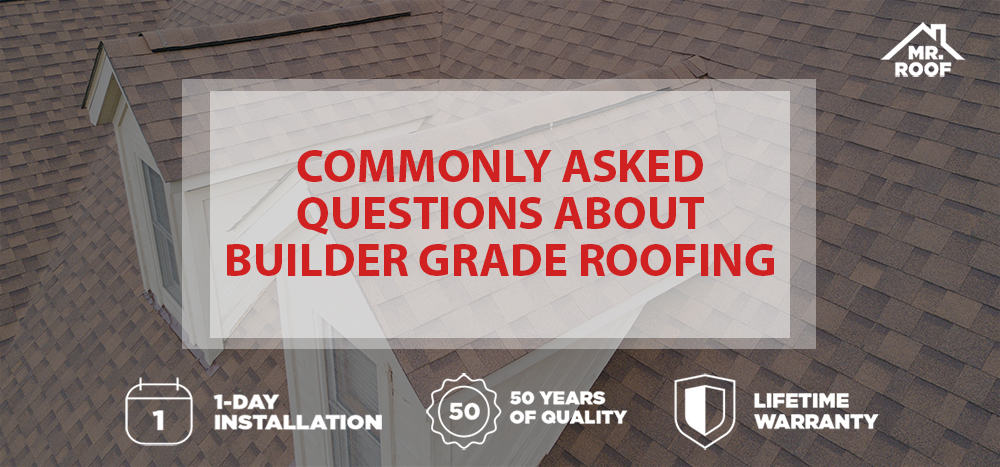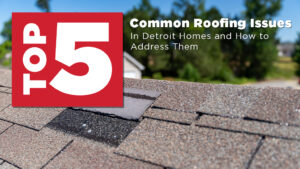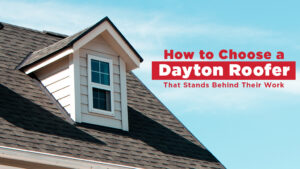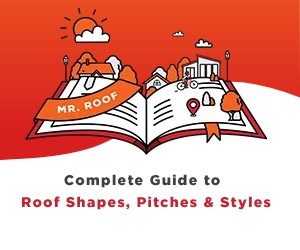Homeowners faced with the challenge of a roof repair or installation may be overwhelmed by the enormous number available options. Unless extensive research has been done, trying to decipher which roofing materials are best can seem hopeless. Many contractors may offer builder grade as an inexpensive option for your roofing project. While that name may sound like a good choice, make sure you know what it means before agreeing to use builder grade materials on your roof.
What is ‘Builder Grade?’
Also known as ‘contractor grade,’ builder grade describes construction products that are typically pre-built and mass-produced. The name is a bit misleading as it implies the materials are high-quality, i.e. up to the standards of a builder. In reality, builder grade supplies are often inexpensive, low-grade versions of construction materials such as windows, doors and roofs.
On the scale of building materials, builder grade is at the bottom. Above that comes quality grade, then custom grade. Ultra-custom grade materials ensure the best quality, and are the most expensive. The term builder grade was chosen to make low-quality products seem more desirable to uninformed consumers.
How Long Do Builder Grade Roofs Last?
The average lifespan of a builder grade roof is 15 to 20 years. This may seem like a long time, but compared to the lifespan of custom grade shingles it is quite short. Stronger shingles are usually guaranteed for 50 years or more, meaning once you have them installed you won’t have to worry about costs for upkeep or replacement.
Which Roofing Materials Are Considered Builder Grade?
Three-tab asphalt shingles are typically considered builder grade. There are higher grade versions available, but pay close attention to the quality to determine what grade your shingles are. Three-tab shingles have cutouts (tabs) on the lower edge which make them easily identifiable.
Compared to higher grade options, three-tab shingles are more susceptible to wind damage and algae growth. This can wear down your shingles faster, causing an undesirable appearance and exposing your home to the elements. If algae grows deep into the roof, it can seep into the home and develop health issues for the inhabitants. It can also form black spots on the outside of your home that are nearly impossible to clean.
How Do Three-Tab Shingles Compare to Architectural Shingles?
Architectural shingles are considered higher grade than three-tab. Asphalt is still the material of choice for many architectural shingles. They do not have cutouts, but have an extra layer of asphalt on the bottom. The extra asphalt lamination helps to seal the layers for added waterproofing.
Compared to conventional three-tab shingles, architectural shingles are thicker, heavier and more durable. They are less likely to curl and can withstand winds up to 120 miles per hour. For these reasons, manufacturers usually have warranties for 40 to 50 years for architectural shingles compared to 15 to 20 years for three-tab. Architectural asphalt shingles can be made in a variety of styles to accommodate design preferences.
Are There Any Benefits to Builder Grade Materials?
Builder grade materials are typically cheaper than their premium quality counterparts. Choosing builder grade materials for your roof can save you a bundle in upfront costs, but the additional costs will come rolling in when weathering and leaks require frequent repairs. Paying more on installation should leave you with a roof that stands up to the toughest conditions and requires minimal maintenance.
How Do I Know If My Contractor Is Using Builder Grade Materials?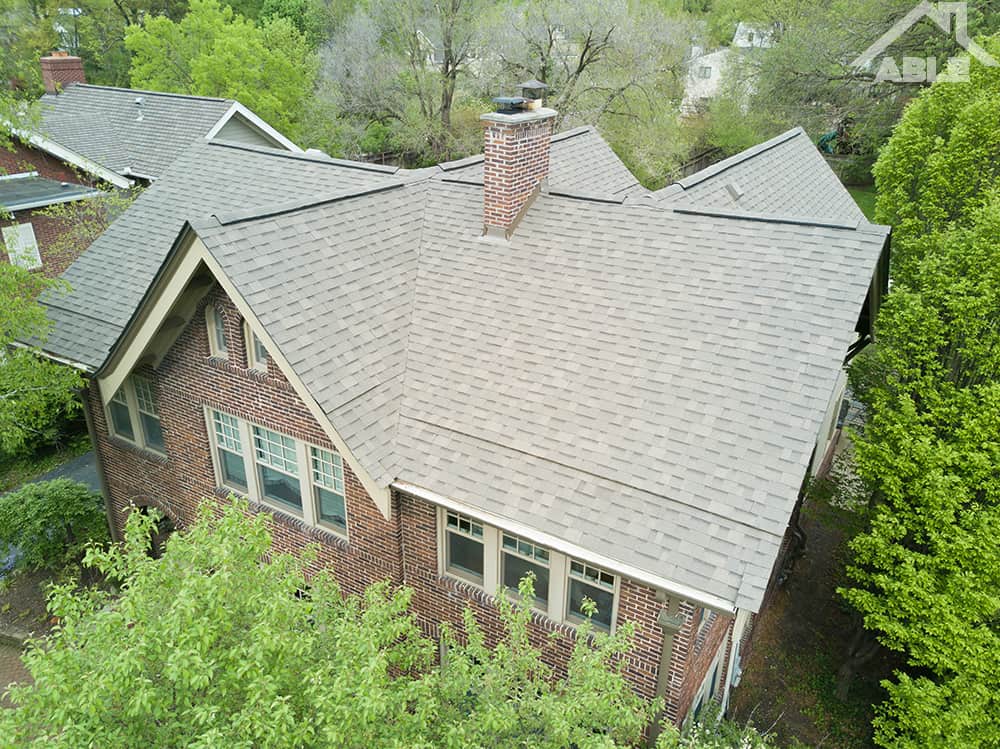
To find out the grade of your contractor’s roofing materials, just ask! Most contractors offer different grade level options. It is important for consumers to know that higher quality products actually do make a difference when it comes to roofing.
For roofing and other construction materials, going with builder grade can seem like the best option to minimize expenses, but it can cost you more in the long run. Avoid dealing with a weak or leaky roof by choosing the best materials in the first place. A good sign that a product is high-grade is the length of the warranty. A long warranty shows that the manufacturer or contractor has confidence in the product or service.
Companies that offer lifetime warranties for labor and material on premium roofing systems do so because they have faith that these systems really do work. Premium and custom materials are designed to withstand natural weathering for ultimate protection of your home. Look for warranties that leave no gap in coverage as this shows the company stands behind both the labor and materials used. If you are worried about affording the highest quality roofing materials, many contractors have financing options available.
Mr. Roof
Mr. Roof has a wide variety of offerings when it comes to roofing. You can customize your roof to your budget and style. All of our products are high quality and backed by a lifetime warranty for both labor and materials. Our materials are factory direct and are roofers are factory trained, so you can feel confident you are getting it done right the first time. Not to mention, we are dedicated to providing the highest level of customer service and we have over 250,000 satisfied customers who can attest to that.
